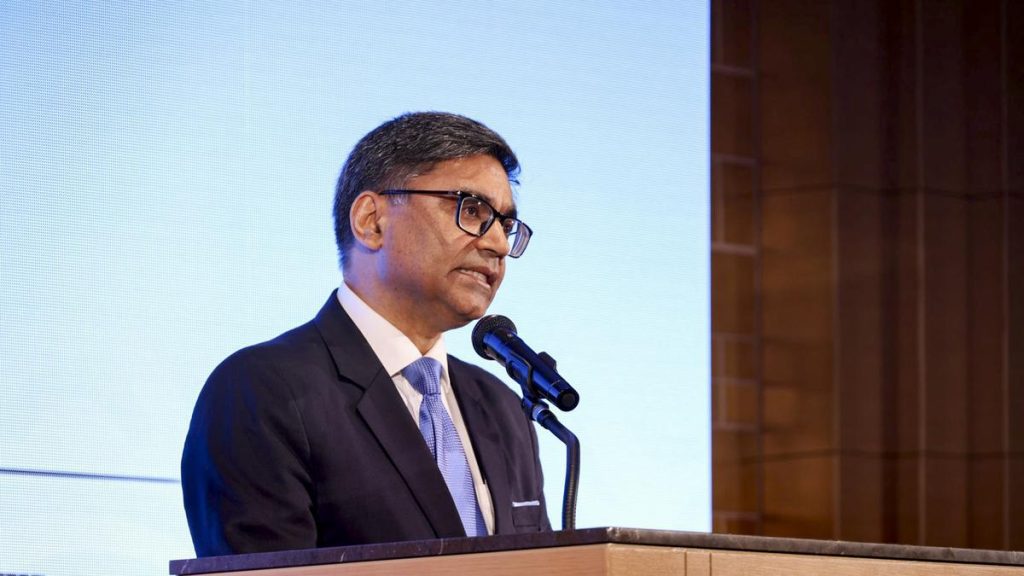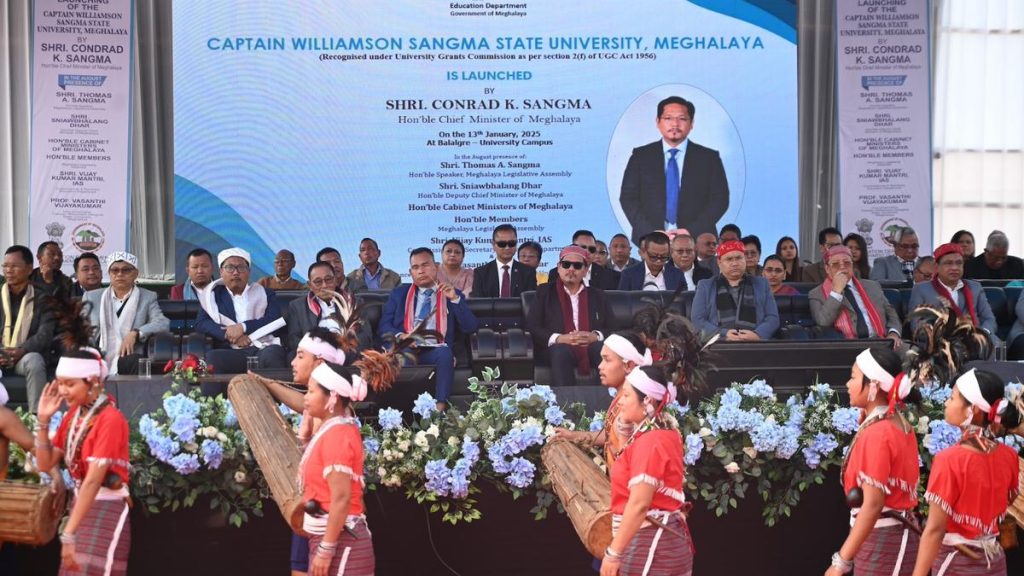Now Reading: GST Relief for Small Traders: States and Centre Must Reach Agreement
-
01
GST Relief for Small Traders: States and Centre Must Reach Agreement
GST Relief for Small Traders: States and Centre Must Reach Agreement
Quick Summary
- Small traders and businessmen are being issued notices by the Commercial Taxes Department in Bengaluru for unpaid GST on UPI transactions spanning the last four years.
- Over 10,000 businesses are affected, with Deputy CM D.K. Shivakumar claiming the number of notices could be around 14,000.
- Businesses exceeding ₹40 lakh in UPI transactions annually for goods or ₹20 lakh per annum for services have been targeted based on data from PhonePe and Paytm; Google Pay transactions are yet to be assessed.
- The tax liability is retroactive from 2021 and can extend until January 2025 when departments receive transaction data, subjecting them to an 18% GST demand.
- Government officials clarified that exempt goods like unbranded food grains or milk will not fall under GST’s purview; final tax demands may decrease upon review but cannot increase beyond initial notices.
- Joint Commissioner Meera S. Pandit reassured traders that assessments would use “best judgment” if documents were unavailable and emphasized no intention of profit erosion through taxation measures.
Indian Opinion Analysis
The recent issuance of GST-related notices reflects intensified scrutiny aimed at ensuring compliance in an increasingly digitalized economy where UPI-based transactions dominate small trade activity. While clarity and adherence to fiscal regulations are crucial, imposing retrospective taxes can burden micro and small enterprises already navigating volatile post-pandemic business landscapes-this underscores a delicate balance between enforcement and economic sensitivity.
Traders have welcomed clarifications regarding exemptions (e.g., essential commodities), though apprehension persists due to retroactive audits involving high penalties/interest rates for past inaccuracies over multiple years-a factor likely to create friction between governments at state-central levels as they deliberate actions within the GST Council framework.
This issue illustrates broader challenges India faces in harmonizing policy efficacy within its federal structure while leveraging digital financial systems optimally without alienating vulnerable segments pivotal toward regional employment contributions across state boundaries subtly shaping reform acceptance cycle shortly Read more























